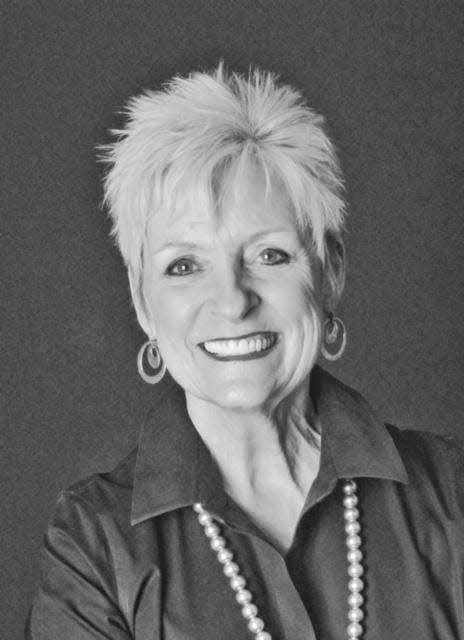How we handle life's many transitions — big and small — matters more than you can imagine

- Oops!Something went wrong.Please try again later.
I continue to be inspired by the folks at the Modern Elder Academy. Chip Conley, the CEO and visionary who created MEA, writes frequently about what he calls TQ.
So what the heck is TQ? In this context, it is not the abbreviation for tequila, tax-qualified or The Capital-Journal editor’s initials. TQ stands for Transition Quotient.
What’s a transition quotient?
We've all heard of IQ, the standardized measurement of an individual’s intelligence. The term EQ was popularized by Daniel Goleman, author, psychologist and science journalist, in his 1995 book "Emotional Intelligence."
Goleman said: “Emotional Quotient is the capability of individuals to recognize their own emotions and those of others. High Emotional Intelligence individuals can use emotional information to guide thinking and behavior and to manage and adjust emotions to adapt to environments to achieve one’s goals.”
In simple terms, IQ is a measurement of how smart you are, and EQ is how well you get along with others. In the long run, EQ may be more significant than IQ.
But Chip Conley and his team now are highlighting the importance of yet another intelligence, transition intelligence or TQ. And, like so many things, it becomes critical as we grow older.
Cognitive scientist Maya Shankar — creator, host and executive producer of "A Slight Change of Plans" — is committed to helping people build their TQ.
How upset do you get when plans go awry? You’re planning a fun outing with a friend, and she calls to say she’s sick. How do you handle it? Are you irritated, grumpy, sad? What if you fall and break your wrist? Do you let it completely get you down?
Life is full of daily changes. How you handle them can be life-altering. In the middle of worldwide disasters, we see people who exhibit rage and terror, but others seem calm in the midst of the storm. Or they exhibit gratefulness because they understand the situation could have been worse.
How we handle small change — as Maya says, a "slight change of plans" — seems to be how we’ll handle big change. How high is your TQ? As we grow older, the changes seem to get more dramatic. We deal with all kinds of life transitions: retirements, health issues, deaths, divorces, kid problems, financial crises and more.
So we need to build our TQ — our bounceback ability.
I remember meeting a lovely woman who lost her husband in the past year. She was incredibly sad but said she told me she had learned so much about herself that year. She said she could do things she had never imagined and was so much stronger than she thought. She had amazing TQ.
As for myself, I get on the scales in the morning and have a 1-pound increase and be in a funk all day long. But I’ve hauled my kids to the ER with broken bones and cuts without faltering. So, I need to work on the small transitions.
Henri Bergson, a French philosopher, said, “To exist is to change, to change is to mature, to mature is to go on creating oneself endlessly.”
Find Connie’s book, “Daily Cures: Wisdom for Healthy Aging,” at www.justnowoldenough.com.
This article originally appeared on Topeka Capital-Journal: How we handle change changes as we age. Know your transition quotient
